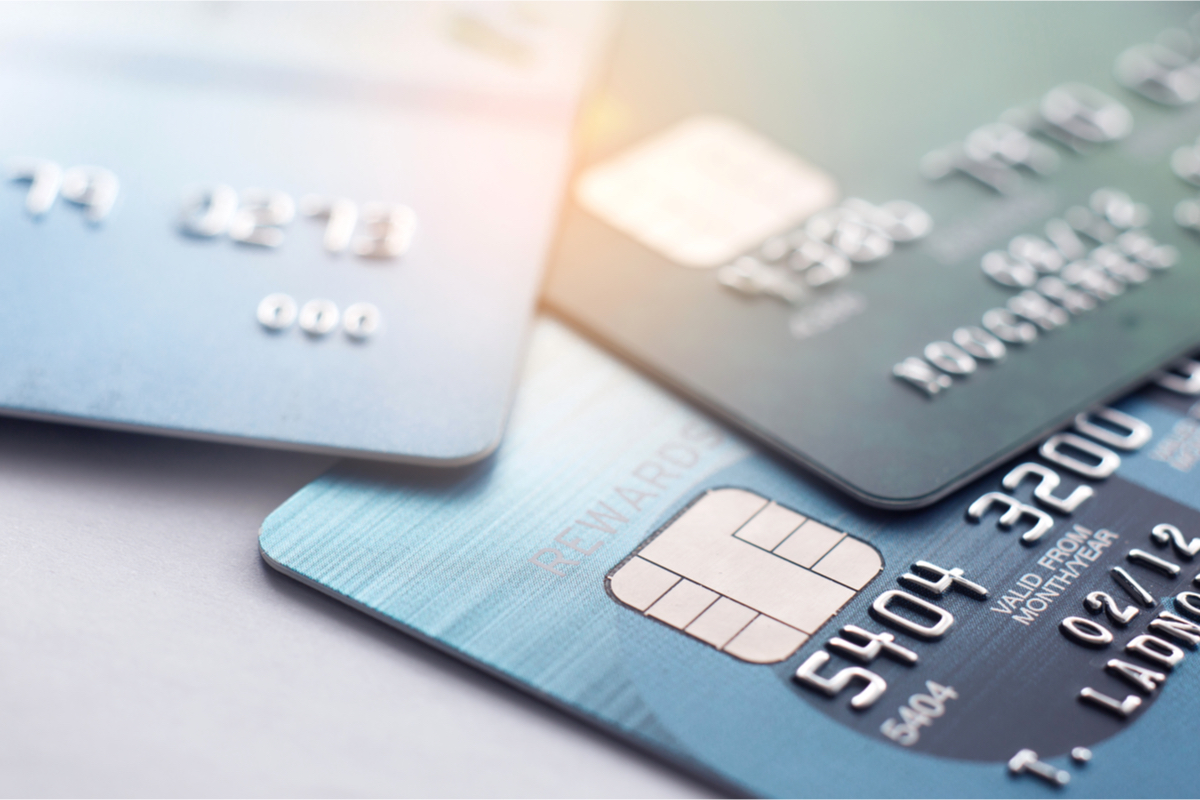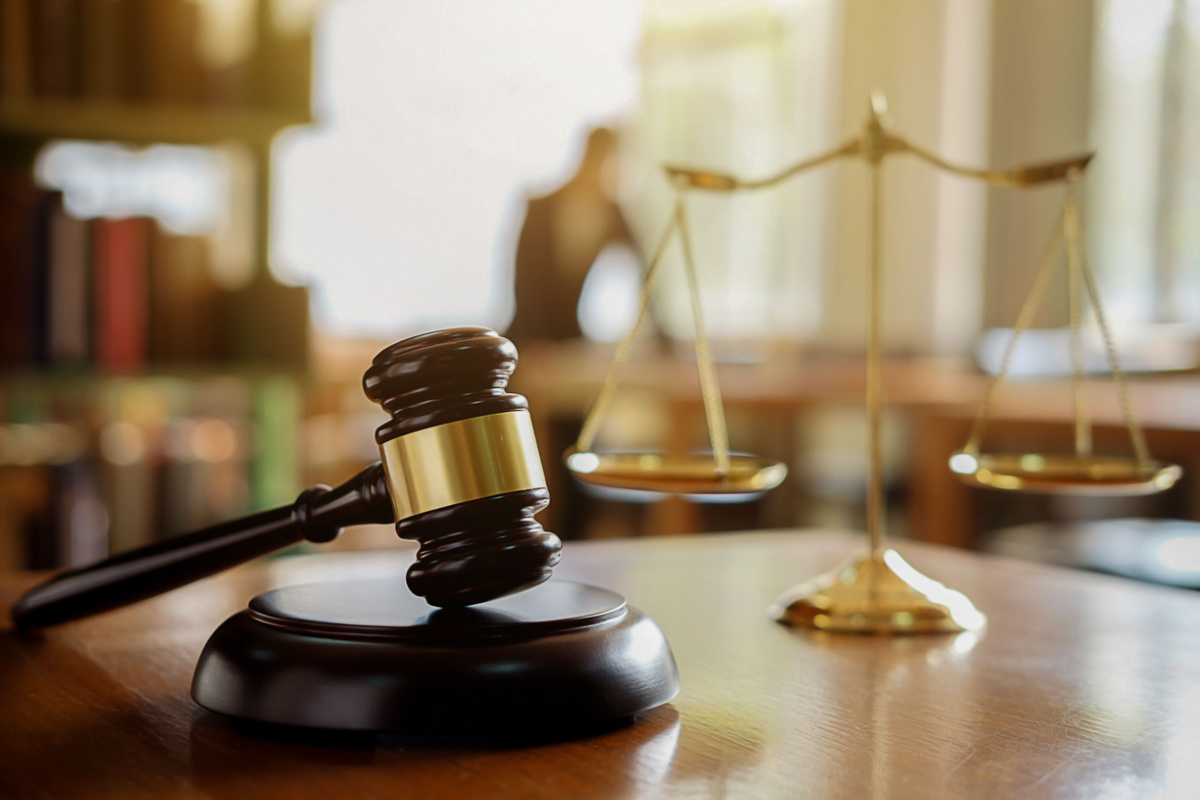





Attorney at Debt Advisors Law Offices
Practice Areas: Chapter 7 Bankruptcy, Chapter 13 Bankruptcy, Stop Foreclosure

Wisconsonites have an average credit score of 714 out of 800 – placing most residents of the state in good standing for borrowing. Credit scores influence a variety of factors beyond merely the acquisition of loans and the applicable interest rates. For instance, insurance providers utilize these scores to establish premiums for both automobile and home insurance. Property owners employ credit scores to vet potential tenants for their rental properties. Even mobile network providers use these scores to offer prime cell phone plans, while utility companies may require larger upfront payments from those with lower scores. When debts pile up and bankruptcy looks imminent, what happens to a credit score?
When a person files for bankruptcy, the immediate effect on their credit score can be significant. It’s common for a score to drop sharply. How much it drops can depend on multiple factors, such as the individual’s credit standing before filing. For instance, if a person had a high credit score, they might see a more drastic drop compared to someone with a lower score prior to filing. Bankruptcy information will also appear on a credit report, signaling to future lenders that the individual has defaulted on their debts. This can make obtaining credit in the future more difficult, as it demonstrates a higher risk to lenders. However, it’s important to remember that the impact of bankruptcy on a credit score doesn’t last forever. Over time, with responsible financial habits, a person can rebuild their credit score.
A bankruptcy filing doesn’t leave a credit report immediately after the process is finalized. Its length of stay depends on the type of bankruptcy filed. For instance, a Chapter 7 bankruptcy, where most debts are wiped clean, can stay on a credit report for up to 10 years from the date of filing. On the other hand, a Chapter 13 bankruptcy, involving a repayment plan, typically remains on a credit report for 7 years. This can make securing new credit a challenge, as lenders may see the bankruptcy as a sign of risk. However, the impact of bankruptcy on a credit report lessens over time. Additionally, demonstrating good financial habits like paying bills on time, can help rebuild a person’s credit standing in the long term.
After filing for bankruptcy, rebuilding credit can be a tricky task. One challenge that individuals might face is the reluctance of lenders to extend credit due to the bankruptcy on their credit report. It might also be difficult to get approved for loans or credit cards, and when they do get approved, they might face higher interest rates. It’s also common for people to struggle with budgeting and managing their finances post-bankruptcy, which can make credit rebuilding even more challenging. However, there are ways to overcome these hurdles. Developing responsible financial habits, like paying bills on time and keeping credit balances low, can be an effective strategy. Additionally, secured credit cards, which require a cash deposit as collateral, can provide an opportunity to demonstrate responsible credit usage over time.
Bankruptcy can make securing future loans more complicated. Lenders often see a bankruptcy as a signal of high risk, which can lead to loan applications being denied. Even if a loan is approved, the terms may not be as favorable. Interest rates could be higher, and additional collateral may be required. For example, when applying for a mortgage after bankruptcy, one might face longer waiting periods and stricter requirements. However, this doesn’t mean obtaining a loan post-bankruptcy is impossible. Some lenders specialize in “bad credit” loans, though these can carry high interest rates. One key factor to improve loan prospects is time. As the bankruptcy ages, and as one demonstrates consistent, responsible financial behavior, lenders may become more willing to extend credit. Remember, rebuilding credit after bankruptcy is a process, but it is certainly achievable.
Filing for bankruptcy can impact homeownership in different ways. In a Chapter 7 bankruptcy, if there’s significant equity in the home, there’s a risk the home might be sold to repay creditors. However, certain exemptions may protect some or all the home’s equity. For those filing Chapter 13, they may be able to keep their home if mortgage payments and any arrears through the repayment plan are paid off. Bankruptcy can also influence future home purchases. Potential home buyers might face a waiting period before they’re eligible for a mortgage loan. The length of this period varies depending on the type of loan and the specific lender. It’s important to remember that while bankruptcy can make homeownership more challenging, it doesn’t make it impossible. Responsible financial management can help regain the trust of lenders over time.
Buying a car after bankruptcy may seem daunting, but it is indeed feasible. After a bankruptcy is filed, some lenders may be hesitant to offer auto loans due to the perceived risk. However, there are other lenders that specifically cater to those with a bankruptcy on their record. While these loans often come with higher interest rates and more stringent terms, they can provide a viable way to finance a car post-bankruptcy. However, it’s essential to ensure that the payments are manageable within one’s budget to avoid falling back into financial trouble. Over time, as individuals make regular on-time payments and show responsible financial behavior, their credit scores can improve, which can eventually lead to more favorable loan terms. In this way, purchasing a car can be a step toward rebuilding credit after bankruptcy.

Bankruptcy can leave a significant mark on a credit report, but there are steps to mitigate its impact. First, creating and adhering to a budget can help prevent overspending and accumulate savings. Second, paying all bills on time is essential as payment history makes up a significant portion of credit scores. Third, maintaining low balances on credit cards can show responsible credit use. Fourth, consider a secured credit card or credit-builder loan to start rebuilding credit. These require a deposit or loan which serves as the credit limit, and timely payments on these can help enhance a credit score over time. Lastly, regularly checking credit reports for errors and disputing any inaccuracies can ensure credit history is correctly represented. With patience and disciplined financial habits, the impact of bankruptcy can be mitigated over time.
Understanding the intricacies of bankruptcy, especially in a tough economy, is crucial. It’s not uncommon for individuals to consider filing for bankruptcy multiple times throughout their life. Specific challenges, like being a single parent facing bankruptcy, can complicate the process even further. By seeking information and resources from reliable platforms like mydebtadvisors.com, you can navigate these challenges with more clarity and confidence.For instance, exploring the Madison, WI office of My Debt Advisors can provide localized support and guidance, making the journey towards financial stability more manageable.
If you are filing for bankruptcy, contact us or call us at 866-696-6432 today for a free consultation.

Learn about bankruptcy protections, types of bankruptcy, how to get started, what to expect, and who to trust. Filing bankruptcy is the ONLY way to completely eliminate debt. If bankruptcy is right for you, it offers powerful protections that cannot be achieved through alternative solutions such as hardship relief, loans, or debt settlement.